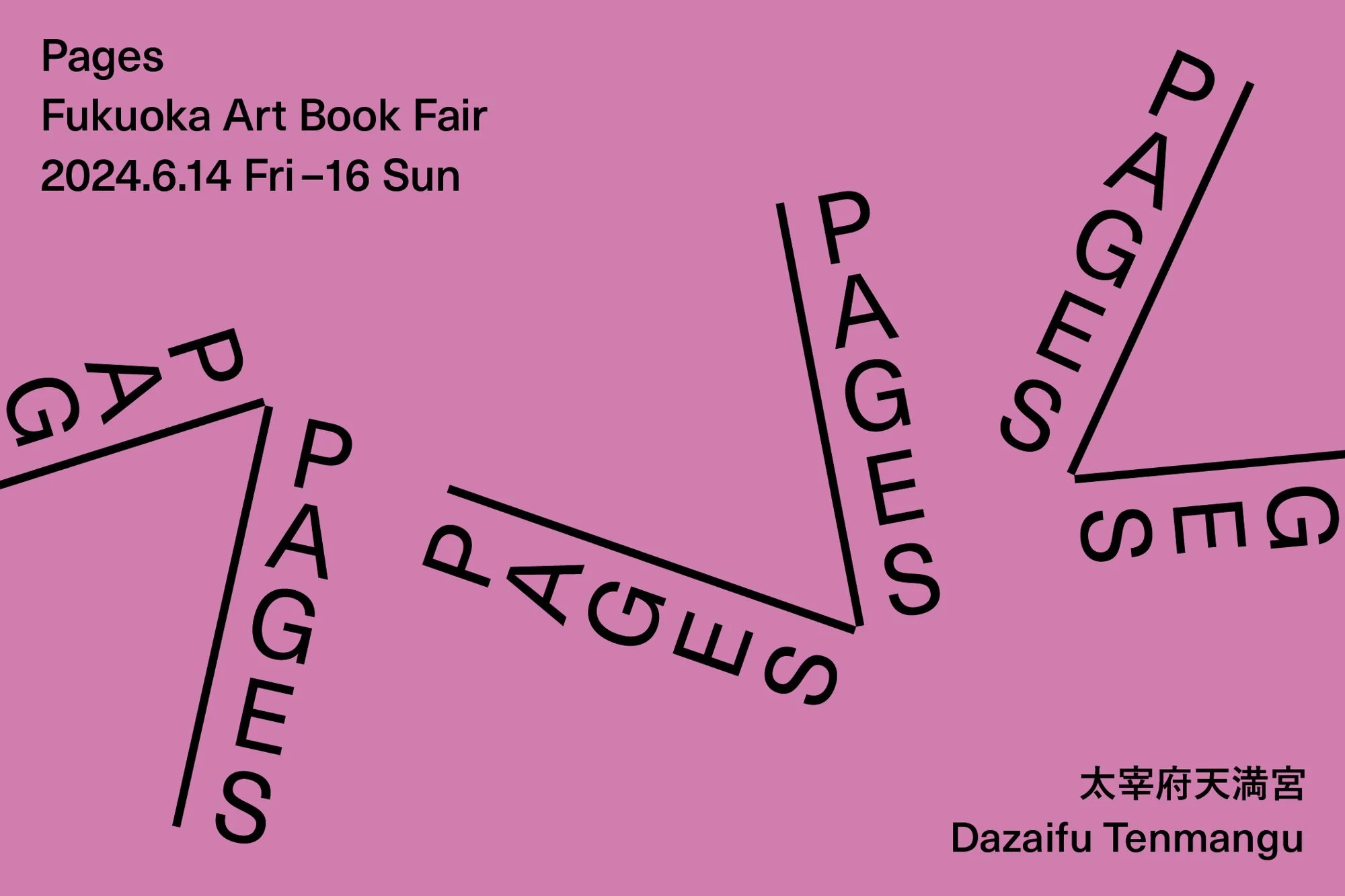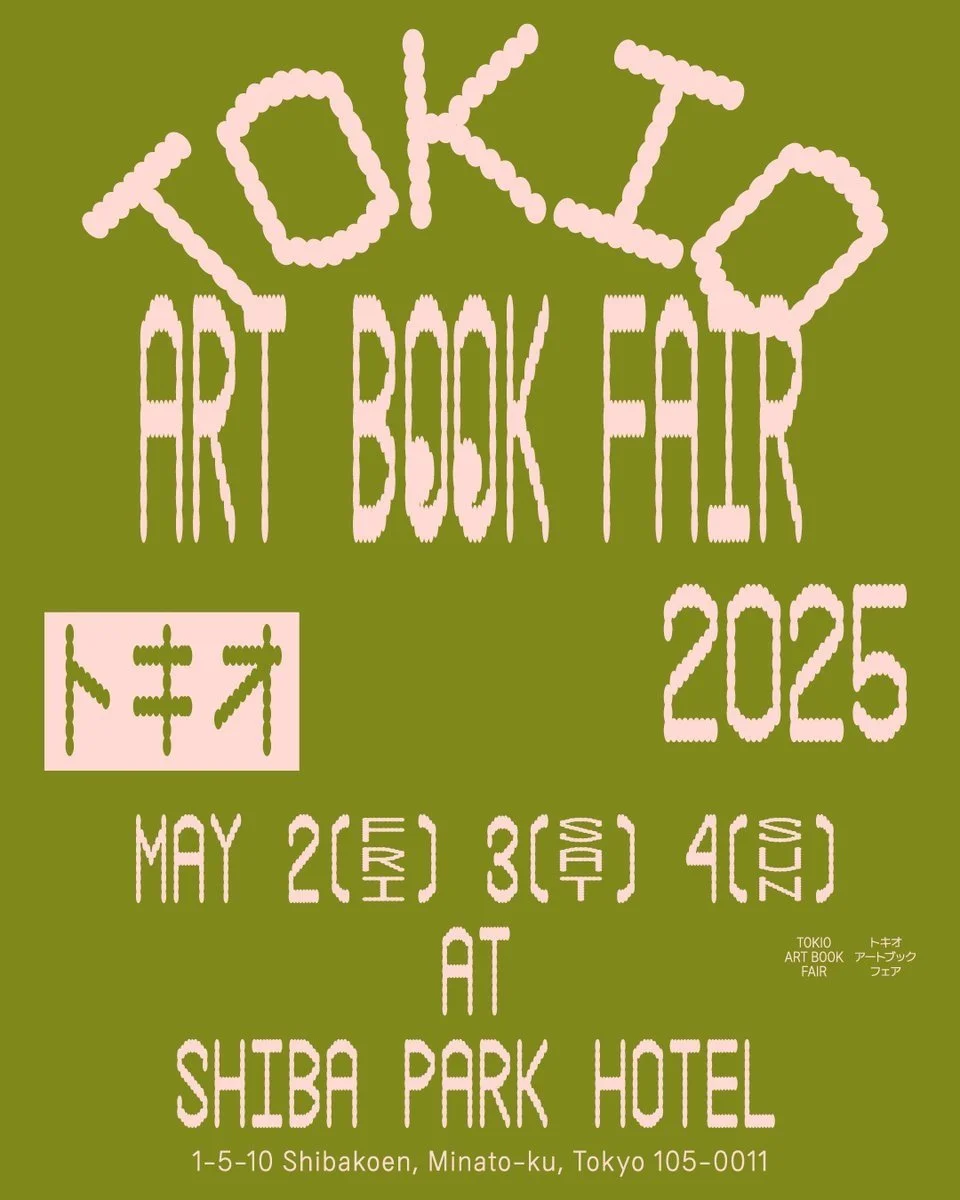はじめに
現代の複雑で多面的な課題に対し、万国博覧会のような国際的イベントが、壮大な「解決策」を掲示しようとする今日において、エディトリアル・スタジオは、それとは全く異なるものを提供します。それは、批評的な対話と、人々が共に考えるための空間です。
エディトリアル・スタジオは、2025年に開催される大阪・関西万博のオランダ文化プログラムの主要な取り組みの一つとして始まりました。日本とオランダの両国を行き来しながら、文化、社会、そしてクリエイティブの領域に関わる多様な声を集めること。この取り組みは、グローバルな課題に対する有意義な「解決策」は、主に技術革新から生まれるという一般的な考えに対する応答でもあります。今日、私たちが生きている世界の複雑さに対処し、乗り越えるのであれば、そうしたアプローチには、豊かな社会的、文化的、政治的、そして言説的な視点を合わせ持つことが不可欠であると、私たちは強く信じています。
Introduction
At a time when major global events such as the World Expo often promise grandiose “solutions” to a variety of complex, multi-faceted challenges, The Editorial Studio offers something distinctly different: a dedicated space for critical conversation and thoughtful collective reflection.
Launched as a key part of the Dutch cultural program for the upcoming Osaka World Expo 2025, The Editorial Studio embarks on a journey across both Japan and the Netherlands to facilitate the gathering of diverse voices from across the cultural, social, and creative fields. This initiative serves as a direct response to the prevailing notion that meaningful “solutions” to global challenges are most likely to emerge solely from technological innovation. However, we firmly believe that these approaches must be complemented by rich social, cultural, political, and discursive perspectives to fully address and navigate the complexity of the world we inhabit today.
Our (Simple) Purpose:
The world is not a machine waiting to be fixed. It is a living network of human behavior, politics, imagination, and design. By narrowing our gaze to technological "solutions," we risk ignoring the very dynamics that shape how we live together. Instead, The Editorial Studio focuses on the messiness of context, the ambiguities of meaning, and the importance of dialogue. We don’t seek to simplify or resolve—but to observe, question, and understand.
(シンプルな) 目的:
世界は、ただ修理されるのを待つ機械ではありません。私たちの社会は、人々のふるまい、政治、想像力、そしてデザインによって形づくられた、生きた相互関係のネットワークです。技術的な「解決策」に視点を絞りすぎると、私たちの暮らしを形づくる本質的な要素を見落としてしまいます。
エディトリアル・スタジオでは、文脈の複雑さ、意味のあいまいさ、そして対話の重要性に注目します。私たちは、単純化し、解決することを目的とせず、観察し、問いを立て、理解することを目指します。
Our Process:
各セッションは、文化施設やスタジオで行われます。日本とオランダからそれぞれ一人ずつの専門家を招き、より広範なグループディスカッションへと対話を拡げていきます。各セッションごとにポスターが制作され、一方には対話のビジュアルによる解釈が、もう一方にはテキストベースの考察が掲載されます。テキストは、編集された書き起こし、エッセイ、あるいは対話から発展した別のフォーマットで構成されることもあります。
エディトリアル・スタジオは「プラットフォーム」ではありません。それは、批評的かつ建設的な思考のための場であり、万博会場の外で展開することで、適度な距離を保ちながら思索を深めることを可能にします。書店やクリエイティブスペース、さまざまな対話の場におけるその存在は、文化が単なる付け足しではなく、私たちが世界を理解し、形作る上で不可欠な要素であることを、静かに再認識させるものとなるでしょう。
Each session is hosted in a cultural space or studio. One expert from Japan and one from the Netherlands set the tone for a larger group discussion. From each session, a poster is created: one side shows a visual interpretation, the other side features a text-based reflection—this may take the form of an edited transcription, a commissioned essay, or another format developed in response to the conversation.
The Editorial Studio is not a platform. It is a space for critical and constructive thinking, operating outside the Expo grounds to allow for reflection at a comfortable distance. Its presence—in bookstores, creative spaces, and conversations—is a gentle reminder that culture is not an afterthought, but a vital part of how we understand and shape the world around us.
過程:
Editorial Studio 1: Innovation
エディトリアル・スタジオの最初のセッションは、出版、考察、交流に根ざしたプロジェクトを始めるのにふさわしい場である Fukuoka Art Book Fair で開催されます。
この対談では、Studio The Future と 三好剛平 が共に議論をリードします。彼らは、幅広い参加者とともに、「イノベーション」というテーマを探求します。これは自明のものではなく、再考に値する言葉です。
「イノベーション」そのものが、解決策としてしばしば称賛される時代に、私たちは今一度立ち止まり、問いかけたいのです。
何かを「イノベーティブ(革新的)」と言うとき、実際にそれは何を意味しているのでしょうか?「イノベーション」は常に私たちにとって有益なのでしょうか?そして、「イノベーション」と見なされるものを誰が定義するのでしょうか?
単に新しさを称賛するのではなく、このセッションでは、進歩や変革という言葉に内在する価値観や前提について、慎重に考える機会を提供します。
Fukuoka Art Book Fairにおけるエディトリアル・スタジオは、対話そのものが文化的介入の一形態になり得るという信念に基づく、会話、矛盾、そして集団的探求のための空間です。
April 18, 2025
Pages / Fukuoka Art Book Fair
Fukuoka
The first session of The Editorial Studio takes place at the Fukuoka Art Book Fair, a fitting context to begin a project rooted in publishing, reflection, and exchange.
This conversation brings together Studio The Future and Gohey Miyoshi as the two lead participants. Together with a wider group of contributors, they will explore the theme of “Innovation”—not as a given, but as a term worth reconsidering.
In a time when innovation is frequently celebrated as a solution in itself, we want to pause and ask:
What do we actually mean when we say something is innovative?
Does innovation always serve us?And who defines what counts as innovation?
Rather than celebrating newness for its own sake, this session invites participants to think carefully about the values and assumptions embedded in the language of progress and transformation.
The Editorial Studio at Fukuoka Art Book Fair is a space for conversation, contradiction, and collective inquiry—anchored in the belief that dialogue itself can be a form of cultural intervention.
Editorial Studio 2: Contradiction
エディトリアル・スタジオの第2回セッションは、東京アートブックフェアで開催されました。本というメディア、デザイン、言語の文化的な役割を問い直すには、このような開かれた公共の場がふさわしいと考えました。
このセッションでは、サンドラ・カッセナールと木村俊正をリード参加者に迎え、狩野大輔(neutral colours)、古賀稔章(武蔵野美術大学)、Tjobo Kho(Outline Platform)、Cleo Tsw(Off Course)、Studio The Futureが参加し、デザイン、アート、教育、出版といった領域を横断しながら、多角的に議論を展開しました。
今回のテーマは「矛盾」。その緊張感から出発しつつ、それを否定するのではなく、むしろ問いとして抱えることから始めました。
このセッションで問いかけたのは、多くの人が日常的に感じている矛盾そのものです。
「よりよい暮らしのためにデザインする」と言いながら、今日のデザインは私たちの生活からますます遠ざかってはいないか?
デザインは本当に誰のためのものなのか?そして誰がその“デザイン”を行っているのか?
現代の私たちの生活は、個々のデザイナーによってではなく、プラットフォーム、制度、経済的構造といった大きなシステムによって形づくられています。もしデザインが「つくること」と「人々のためになること」の両方を内包する営みだとしたら、そこには大きなズレが生じているのかもしれません。
しかし、矛盾は必ずしも解消すべきものではありません。
むしろそれは、対話や想像力を促し、思考を動かし続ける力になり得ます。心地よくはないかもしれませんが、最も人間らしい状態のひとつであり、私たちに新しい視点を与えてくれるのです。
東京アートブックフェアでのエディトリアル・スタジオは、共に問い、ずれを抱えながら考える場として開かれました。文化における「矛盾」は、欠陥ではなく、むしろ創造を動かすエンジンかもしれません。
May 3, 2025
TOKIO Art Book Fair
Tokyo
The second session of The Editorial Studio takes place at the Tokyo Art Book Fair, an active public setting for questioning the cultural function of publishing, design, and language.
This conversation brings together Sandra Kassenaar and Kimura Toshimasa as the two lead participants. They are joined by Daisuke Kano (neutral colours), Toshiaki Koga (Musashino Art University), Tjobo Kho (Outline Platform), Cleo Tsw (Off Course), and Vincent Schipper (Studio The Future)—a group of practitioners working across design, art, education, and publishing.
Together, they will explore the theme of “Contradiction”—starting from its tension, but not ending there.
The contradiction at the heart of this session is one many of us live with:
How can we design for the betterment of life, when design feels increasingly disconnected from how our lives are actually shaped?
If design is meant to serve people, who are those people? And who is really doing the designing?
Our daily lives are increasingly shaped not by individual designers, but by systems—platforms, policies, and economic structures—that are far larger than us. This disconnect reveals a contradiction between purpose and power, between agency and influence.
But contradiction does not always need to be resolved. In this session, we ask whether contradiction might actually keep things alive—fueling dialogue, difference, and imagination. It may be one of the most deeply human conditions: uncomfortable, but generative.
The Editorial Studio at Tokyo Art Book Fair is a space for shared questioning and creative friction—anchored in the belief that contradiction is not a flaw in culture, but part of what drives it.



